The Sustainable Development Goals (SDGs) summit is being held today in New York. As part of this summit the pope will address the United Nations in NY as will Bill and Melinda Gates who run the largest private philantropic organisation in the world. The key underlying principles of the SDGs are: (a) reducing (or eradicating) poverty eradication; (b) changing unsustainable and promoting sustainable patterns of consumption and production; and (c) protecting and managing the natural resource base of economic and social development. The seventeen SDGs are outlined in Table 1.
| Goal 1 | End poverty in all its forms everywhere |
| Goal 2 | End hunger, achieve food security and improved nutrition and promote sustainable agriculture |
| Goal 3 | Ensure healthy lives and promote well-being for all at all ages |
| Goal 4 | Ensure inclusive and equitable quality education and promote lifelong learning opportunities for all |
| Goal 5 | Achieve gender equality and empower all women and girls |
| Goal 6 | Ensure availability and sustainable management of water and sanitation for all |
| Goal 7 | Ensure access to affordable, reliable, sustainable and modern energy for all |
| Goal 8 | Promote sustained, inclusive and sustainable economic growth, full and productive employment and decent work for all |
| Goal 9 | Build resilient infrastructure, promote inclusive and sustainable industrialization and foster innovation |
| Goal 10 | Reduce inequality within and among countries |
| Goal 11 | Make cities and human settlements inclusive, safe, resilient and sustainable |
| Goal 12 | Ensure sustainable consumption and production patterns |
| Goal 13 | Take urgent action to combat climate change and its impacts* |
| Goal 14 | Conserve and sustainably use the oceans, seas and marine resources for sustainable development |
| Goal 15 | Protect, restore and promote sustainable use of terrestrial ecosystems, sustainably manage forests, combat desertification, and halt and reverse land degradation and halt biodiversity loss |
| Goal 16 | Promote peaceful and inclusive societies for sustainable development, provide access to justice for all and build effective, accountable and inclusive institutions at all levels |
| Goal 17 | Strengthen the means of implementation and revitalize the global partnership for sustainable development |
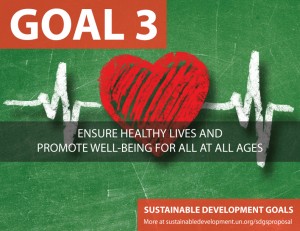
The SDGs replace the Millennium Development Goals (MDGs) formally from today onwards. Key questions to be asked by researchers (and policy makers) include: (a) how are these SDGs different from the MDGs in their effect on international development?; (b) How successful will the SDGs be?, including the question: What do we define as success?; and (c) How useful were the MDGs, in which countries and for whom? These are ‘big’ system level questions, for those of use working in the field of maternity care more specific questions to address would be around priority settting. As reducing maternal mortality was one of the eight MDGs, i.e. recognised as an individual goal or target, but in the SDGs maternal health will fall under the overarching heading of Goals 3 ‘Ensure healthy lives and promote well-being for all at all ages’. As health is only one of 17 SDGs and maternal health fits in with all other aspects of the lifespan does this mean maternal health has become less of a priority? Of course only time and plenty of good research will tell.
Prof. Edwin van Teijlingen
CMMPH
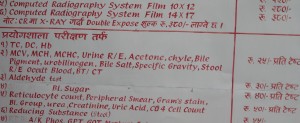
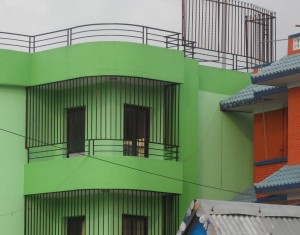
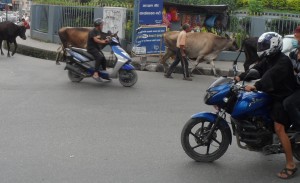 Today I attended a contract-signing meeting at the Department of Health, Physical and Population Education at Nepal’s oldest university, Tribhuvan University (TU).
Today I attended a contract-signing meeting at the Department of Health, Physical and Population Education at Nepal’s oldest university, Tribhuvan University (TU). Midwives (ANMs) about the key mental health issues in pregnancy and in the months after birth. A local charity Green Tara Nepal (GTN) will support the work through some of the curriculum design, sensitising UK volunteers to live in rural Nepal, assisting in translating, as well as helping to recruit the local health workers. The two UK universities have a long history of working with GTN as well as its sister organisation Green Tara Trust (GTT), a Buddhist charity based in London. The new project will be based in Nawalparasi in the sub-tropical part of the country bordering India. The target population consists of grassroot health care practitioners since there are no doctors in these rural villages.
Midwives (ANMs) about the key mental health issues in pregnancy and in the months after birth. A local charity Green Tara Nepal (GTN) will support the work through some of the curriculum design, sensitising UK volunteers to live in rural Nepal, assisting in translating, as well as helping to recruit the local health workers. The two UK universities have a long history of working with GTN as well as its sister organisation Green Tara Trust (GTT), a Buddhist charity based in London. The new project will be based in Nawalparasi in the sub-tropical part of the country bordering India. The target population consists of grassroot health care practitioners since there are no doctors in these rural villages.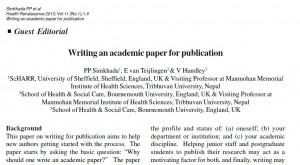
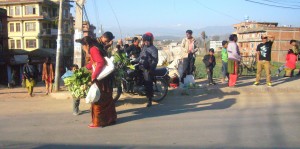
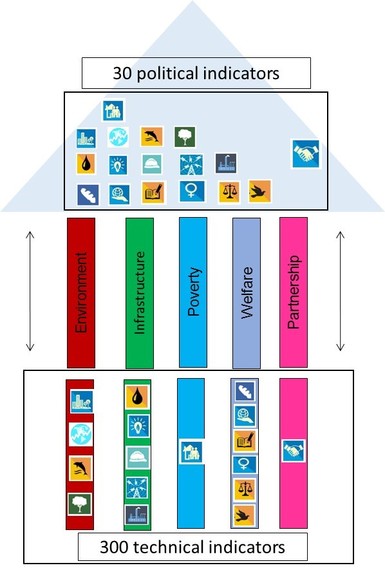
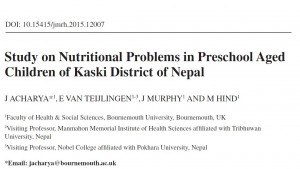
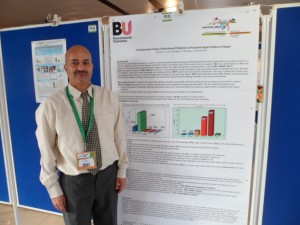

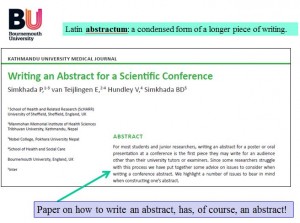
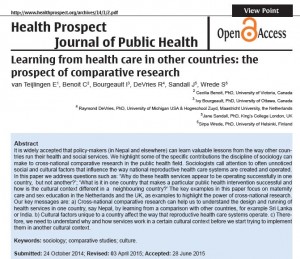

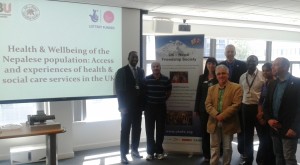
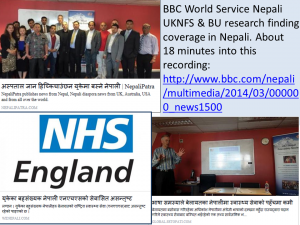 uth Asian and broader Black & Minority Ethnic (BME) communities in the UK.
uth Asian and broader Black & Minority Ethnic (BME) communities in the UK.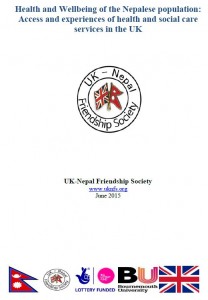
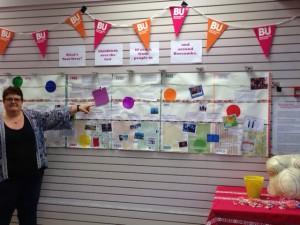
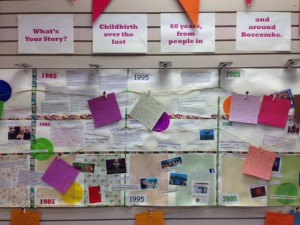


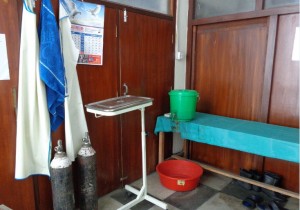
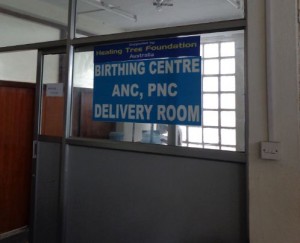
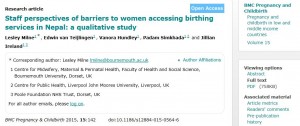
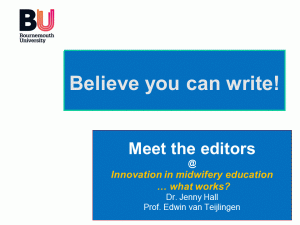
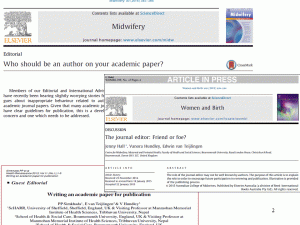
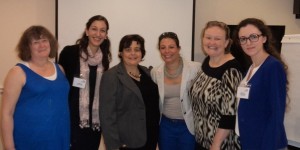
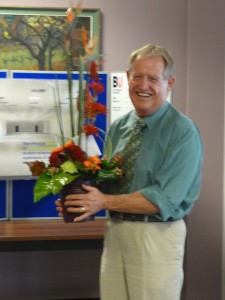
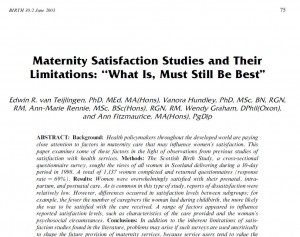
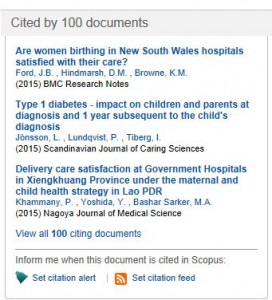











 REF Code of Practice consultation is open!
REF Code of Practice consultation is open! BU Leads AI-Driven Work Package in EU Horizon SUSHEAS Project
BU Leads AI-Driven Work Package in EU Horizon SUSHEAS Project Evidence Synthesis Centre open at Kathmandu University
Evidence Synthesis Centre open at Kathmandu University Expand Your Impact: Collaboration and Networking Workshops for Researchers
Expand Your Impact: Collaboration and Networking Workshops for Researchers ECR Funding Open Call: Research Culture & Community Grant – Apply now
ECR Funding Open Call: Research Culture & Community Grant – Apply now ECR Funding Open Call: Research Culture & Community Grant – Application Deadline Friday 12 December
ECR Funding Open Call: Research Culture & Community Grant – Application Deadline Friday 12 December MSCA Postdoctoral Fellowships 2025 Call
MSCA Postdoctoral Fellowships 2025 Call ERC Advanced Grant 2025 Webinar
ERC Advanced Grant 2025 Webinar Update on UKRO services
Update on UKRO services European research project exploring use of ‘virtual twins’ to better manage metabolic associated fatty liver disease
European research project exploring use of ‘virtual twins’ to better manage metabolic associated fatty liver disease